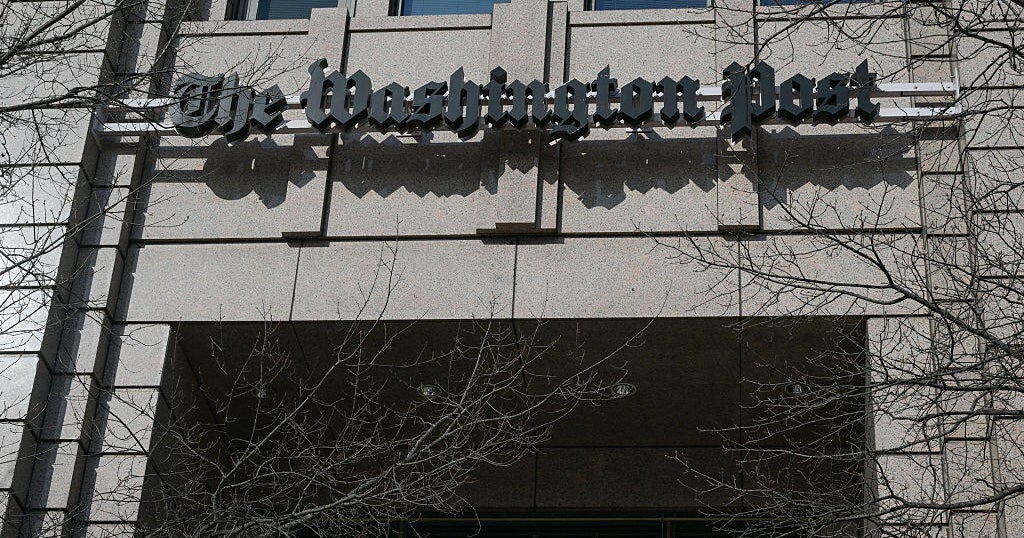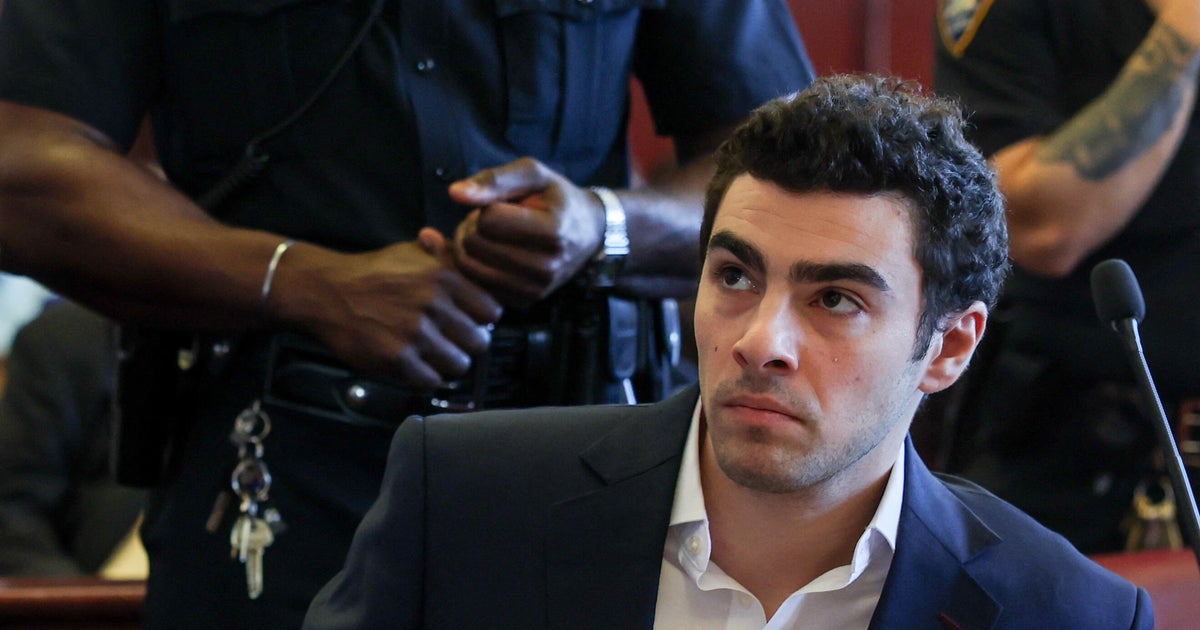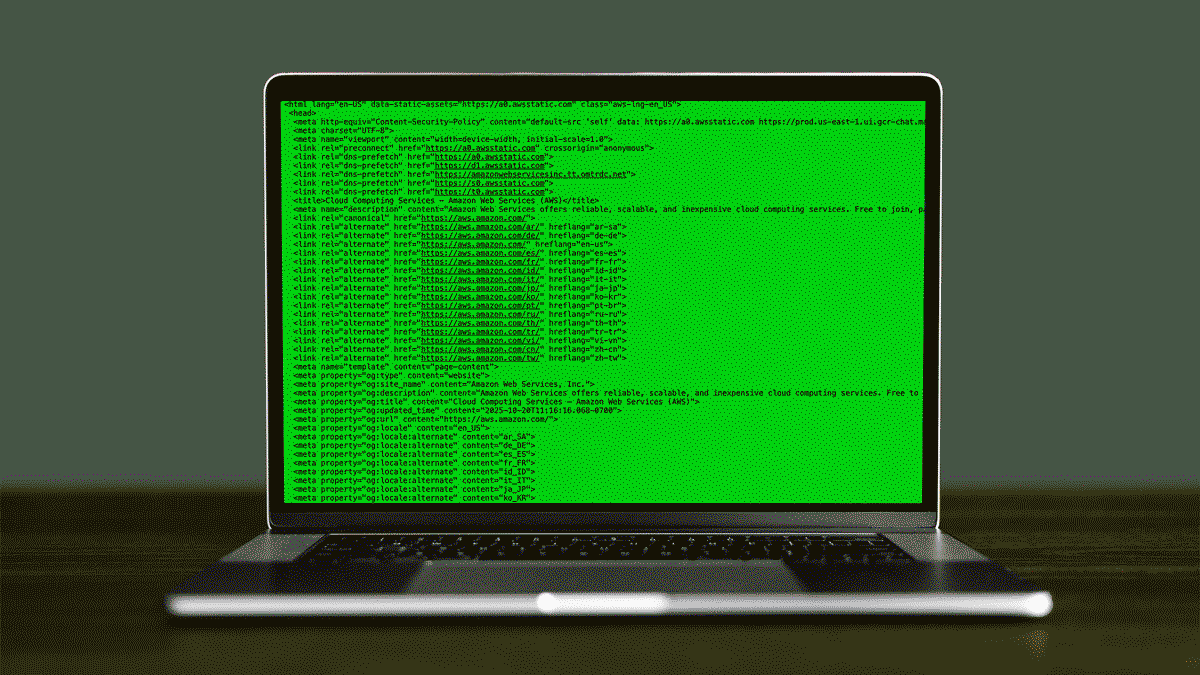FTC orders Jeff Bezos and Andy Jassy to testify in Amazon Prime probe
Federal regulators are ordering Amazon founder Jeff Bezos and CEO Andy Jassy to testify in the government's investigation of Amazon Prime, rejecting the company's complaint that the executives are being unfairly harassed in the probe of the popular streaming and shopping service.
The Federal Trade Commission issued an order late Wednesday denying Amazon's request to cancel civil subpoenas sent in June to Bezos, the Seattle-based company's former CEO, and Jassy. The order also sets a deadline of Jan. 20 for the completion of all testimony by Bezos, Jassy and 15 other senior executives, who also were subpoenaed.
Jassy took over the helm of the online retail and tech giant from Bezos, one of the world's richest individuals, in July 2021. Bezos became executive chairman.
Amazon hasn't made the case that the subpoenas "present undue burdens in terms of scope or timing," FTC Commissioner Christine Wilson said in the order on behalf of the agency. However, the FTC did agreed to modify some provisions of the subpoenas that it acknowledged appeared too broad.
Since March of 2021, the FTC has been investigating the sign-up and cancellation practices of Amazon Prime, which has an estimated 200 million members around the globe. More specifically, some critics claim the company deceptively lures people to enroll in the buying club and makes it hard to quit.
Amazon didn't immediately respond to a request for comment Thursday on the FTC's order.
Amazon wants FTC to back off
In a petition to the FTC filed last month, the company objected to the subpoenas to Bezos and Jassy, saying the agency "has identified no legitimate reason for needing their testimony when it can obtain the same information, and more, from other witnesses and documents."
Amazon said the FTC was hounding Bezos, Jassy and the other executives, calling the information demanded in the subpoenas "overly broad and burdensome."
The company said it has cooperated with FTC staff to provide relevant information, offering up some 37,000 pages of documents.
The investigation has widened to include at least five other Amazon-owned subscription programs: Audible, Amazon Music, Kindle Unlimited, Subscribe & Save, and an unidentified third-party program not offered by Amazon. The regulators have asked the company to identify the number of consumers who were enrolled in the programs without giving their consent, among other customer information.
With an estimated 150 million U.S. subscribers, Amazon Prime is a key source of revenue, as well as a wealth of customer data, for the company, which runs an e-commerce empire and ventures in cloud computing, personal "smart" tech and beyond. Amazon Prime costs $139 a year. The service added a coveted feature this year by obtaining exclusive video rights to the NFL's "Thursday Night Football."
Last year, Amazon asked unsuccessfully that FTC Chair Lina Khan step aside from separate antitrust investigations into its business, contending that her public criticism of the company's market power before she joined the government makes it impossible for her to be impartial.
Reenergized antitrust policy
Khan was a fierce critic of tech giants Facebook (now Meta), Google and Apple, as well as Amazon. She arrived on the antitrust scene in 2017, writing an influential study titled "Amazon's Antitrust Paradox" when she was a Yale law student.
The FTC is also scrutinizing Amazon's $3.9 billion acquisition of One Medical, a concierge-type medical service with roughly 190 offices in 25 markets, as well as the e-commerce giant's $1.7 billion deal for Roomba vacuum cleaner maker iRobot.
Under the Biden administration, antitrust enforcers at the agency and at the Justice Department have been far more aggressive in challenging business combination that could hurt competition, including working to develop tougher merger guidelines.
"Recent decades have vividly illustrated how Americans lose out when markets become more consolidated and less competitive," Khan told lawmakers in a Senate hearing this week on competition policy. "Prices rise, wages fall, and our markets become more fragile and less resilient."



